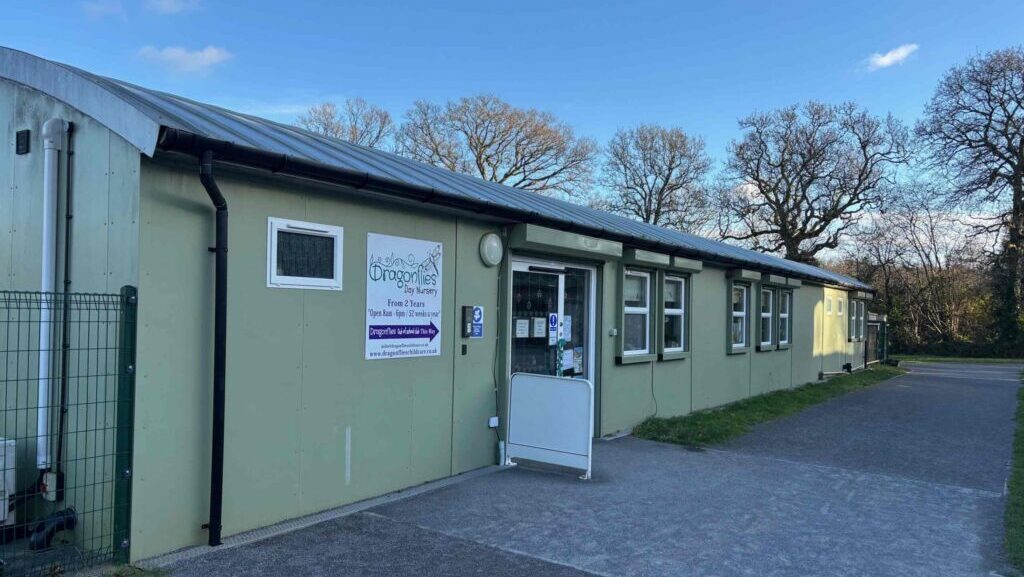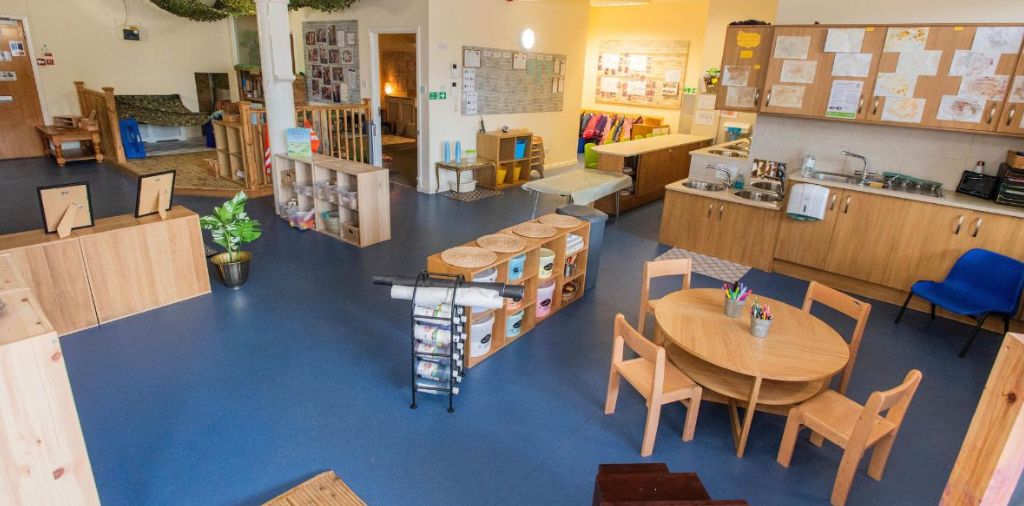The former owner of a group of nurseries is returning to the early years sector with the acquisition of a…
Sector warns that new childcare funding rates are not enough
The government has confirmed changes from September 2023.
The funding rates per child will increase from an average of £5.29 to £5.62 for three-and-four-year-olds, and from an average of £6.00 to £7.95 for two-year-olds.
A £204 million fund, which was announced in the Spring Budget, is the main driver behind the increase but it is a far cry from what early years providers and policy leaders are saying is enough to keep providers afloat.
Childcare funding rates
In a written statement, Parliamentary Under-Secretary of State for Education, Claire Coutinho wrote about the childcare funding rates:
“I am confirming the distribution of £204 million of additional funding for the early years entitlements in 2023-24 via a new Early Years Supplementary Grant (EYSG); and the hourly funding rates that each local authority will therefore receive from September 2023.
“At the 2023 spring Budget the Chancellor announced an increase to the funding for the existing early years entitlements for two, three and four year-olds of £204 million from this September, and £288 million in 2024-25. This is for local authorities to increase the rates paid to childcare providers.
“For 2023-24, the additional £204 million will be distributed to local authorities through a new standalone top-up grant called the Early Years Supplementary Grant (EYSG). Given that the funding increase is coming in mid-way through the financial year, providing this funding through a stand-alone grant will help reduce complexity and support local authorities to pass the additional funding on to providers from September in a timely manner.”
Sector response
Commenting, Neil Leitch, chief executive of the Early Years Alliance, said: “While we welcome clarity on what the average funding rates will be from September, it’s clear that the increases confirmed today will do little if anything to address the years of underfunding that has devastated England’s early years sector.
“Given that government’s own figures show that there is a £1.8bn shortfall in the existing three-and-four-year-old offer, how can anyone argue that a mere 6% increase in funding will come anywhere close to easing the pressures facing the sector, especially in the face of sky-high rates of inflation?
“Clearly, the government has grossly underestimated what early years providers need to both keep their doors open and continue to provide high-quality education and care. While we recognise that the plans for funding the new one- and two-year-old offers have yet to be confirmed, the fact is that funding must be adequate across the whole early years system for the sector to be able to remain sustainable, and from today’s announcement, it’s clear that this simply isn’t the case.
“Simply put, today marks yet another disappointment for the early years sector, and for parents hoping to be able to access affordable early years provision for their children in the coming year and beyond.”
Purnima Tanuku OBE, chief executive of National Day Nurseries Association (NDNA), said: “Any increase in funding must cover the costs that early years settings have been facing, especially inflation and staffing costs. With councils joining providers in highlighting the closures of nurseries due to cost pressures it is vital the government ensures that the investment makes it to the front line.
“Our data shows a 50% increase in the rate of nursery closures and this is backed up by Ofsted’s statistics. Many childcare providers will receive nowhere near the average rates that have been published once regional differences and budget top-slicing have been taken into account. And for many more it will be too little, too late, especially in relation to three and four-year old rates.
“The first five years of a child’s life really counts. Underinvestment in our children now will have a serious impact on their educational journey and life chances in the future. If the government is serious about investing in early years childcare it needs to provide adequate funding to support the existing childcare infrastructure and allow providers to support their children and working families.”
June O’Sullivan, chief executive of the London Early Years Foundation (LEYF) which operates 39 charitable social enterprise nurseries across the Capital said:
“Our three nurseries in Newham welcome this much needed cash boost which will help improve the quality, affordability, accessibility, and availability of childcare. Hopefully more areas across the country and London boroughs, especially those in disadvantaged areas, will also receive investment soon.
“Whilst it’s a step in the right direction, this extra funding for childcare providers only covers approximately 10% of the £2 billion shortfall from the DfE’s own data in 2021. This will be significantly higher now given increased costs since the current government subsidy has not kept up with spiralling wages and inflation.
“What’s more, the extension of the current 30 hours’ free childcare from nine months to three years will only be for working parents. Unfortunately, given the focus of the additional hours on working families alone, we expect this will have an adverse impact on the disadvantaged children and families who most need the support – thereby increasing the attainment gap that already exists of over 4.5 months between children and their peers from more disadvantaged backgrounds when they start primary school.”
Latest News
Emperor Nurseries has acquired Dragonflies Childcare, an early years setting in Hampshire, in a deal facilitated by specialist business property…
Small nursery group Leaps and Bounds (Scotland) has acquired Abbey Mill Childcare in a deal facilitated by Redwoods Dowling Kerr…




